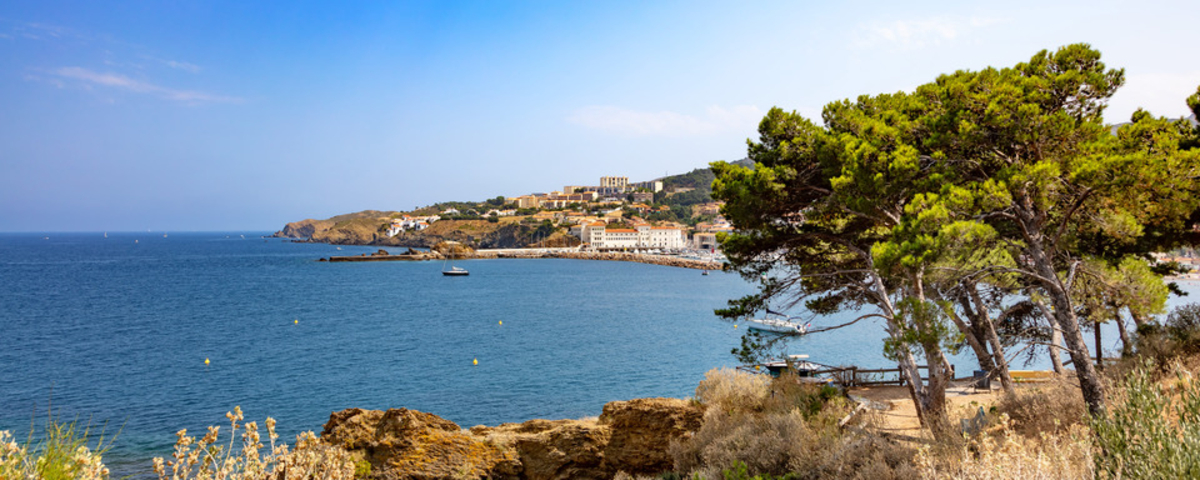Mediterranean Sea Overheating: 30°C Expected, a Record Since 2003
Mediterranean Sea Temperatures Soar to Alarming Levels
Under the August sun, the Mediterranean Sea is heating up dramatically. Meteorologists predict temperatures could reach 30°C this week, a level not seen since the extreme heatwave of 2003. This threshold is a stark reminder of the perilous conditions that challenged marine life and ecosystems during that summer.
This surge in temperature is not an isolated event. According to ocean monitoring data, the average surface temperature of the Mediterranean had already reached 23.86°C in June, shattering previous monthly records. If this early summer trend continues, it will signify a significant shift in typical seasonal patterns.
Since the 1980s, the Mediterranean Sea has been warming at a rate of approximately 0.4°C per decade. This consistent trend intensifies the frequency and severity of marine heatwaves, often referred to as “oceanic heatwaves” or “blobs,” which can have devastating consequences. For instance, in July 2022, a temperature anomaly of +5°C was detected in the Ligurian Sea, an unprecedented level of overheating since satellite measurements began.
These events are not mere meteorological curiosities. They trigger major ecological disruptions, including mass mortality of benthic fauna, collapse of local ecosystems, proliferation of invasive species, and the emergence of marine areas with low oxygen levels, known as “dead zones.” The crisis in 2003 led to widespread mortality of organisms living on the seabed.
This year, the initial signs are already apparent. In July, average water temperatures exceeded 26°C, nearing the heat records of 28.9°C recorded in 2024, almost two months before the usual peak.
Climate change is undeniably present in every heatwave, every scorching sun, and every incremental degree gained. It is reshaping the balance of the Mediterranean, serving as a stark reminder that it may become more of a thermometer than a refuge.
Beyond the immediate concern, the rising temperature of the Mediterranean is a warning. A precious ecosystem, which regulates the climate and harbors a vast array of biodiversity, is being pushed to its limits. When “the water burns,” it is not a sign of majesty, but an urgent signal whose full extent we are still struggling to comprehend. The time for listening, scientific monitoring, and, above all, action is now.
Before heading out to sea or visiting the beach, be sure to check the weather forecast.
Enjoyed this post by Thibault Helle? Subscribe for more insights and updates straight from the source.






